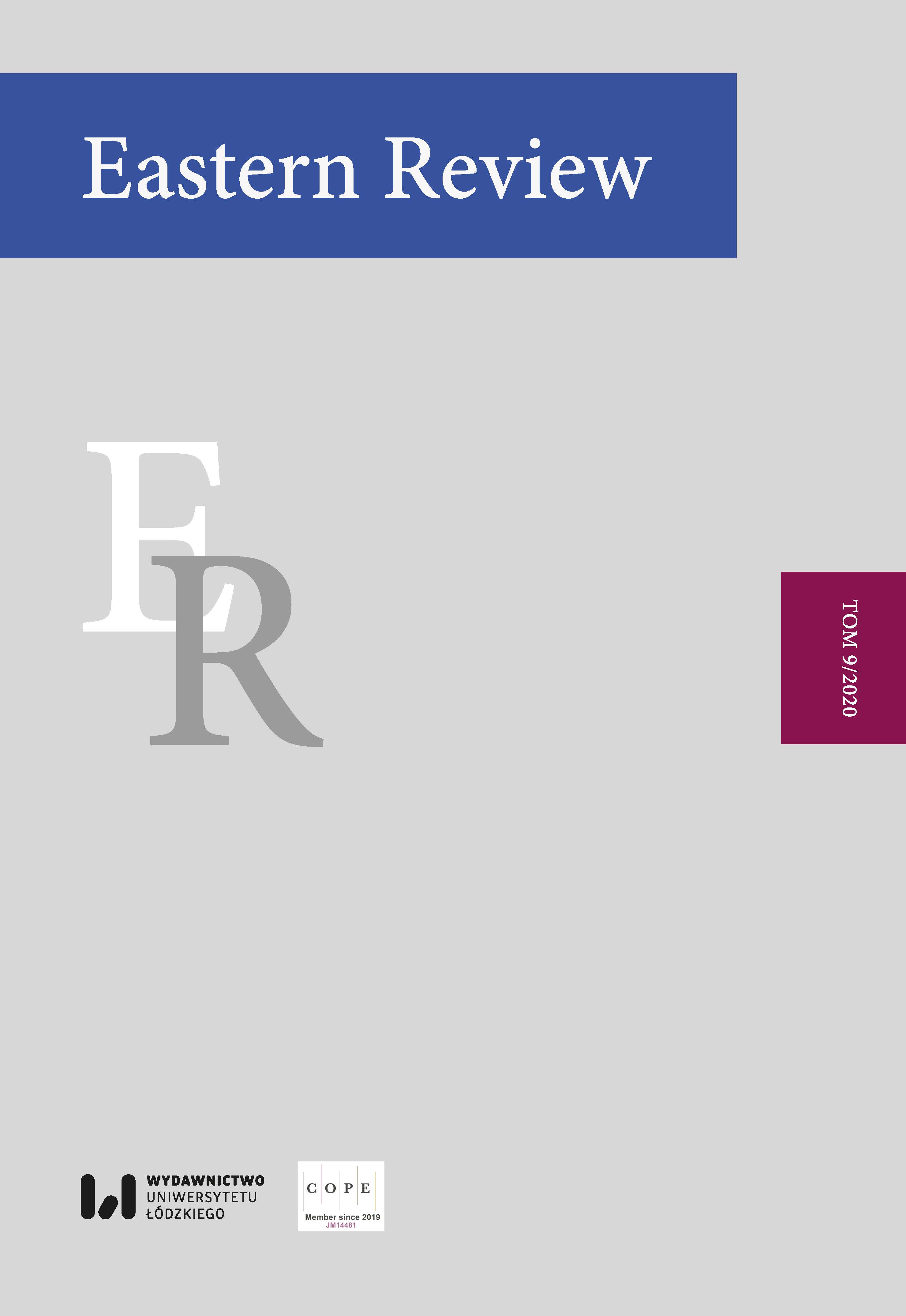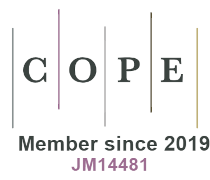Subjective grounds for expanding the powers of the President of the Russian Federation
DOI:
https://doi.org/10.18778/1427-9657.09.04Słowa kluczowe:
President, authorities, plenipotentiaries, political parties, public confidence, election of governorsAbstrakt
The article is devoted to a little-studied side of authority, in particular the authorities of the President of Russia. Exploring the constitutional scope of power, we can say that the President of Russia has a sufficiently large amount of power, backed up by the legal provisions of the Constitution. However, in practice, it has turned out that not only their influence but the power of the President has a wider scope. First of all, the article notes the subjective grounds and mechanisms of power over the chairman of the government and the terms of his appointment. In this case, the key role is played by the political party United Russia, which was created by the President, although the President is outside the party system of Russia. A substantial expansion of the power of the President occurred as a result of the creation of federal districts and the formation of an institution of plenipotentiaries. The rationale is given that the change of legal norms for the election of governors, where the President plays the main role in nominating candidacy, and the procedure for registering them is entirely determined by the United Russia political party under his control, ultimately expanded the scope of authority of the President. In disclosing the subjective grounds for expanding the power of the President of the Russian Federation, so-called “approvals” of candidacy for various senior positions of state and municipal service, as well as of the security and control bodies play a part. The rating of the President was a massive subjective basis that allowed him to expand the scope of his power. The study of public confidence in the President allowed one to see the dependence of the expansion of his power on the level of his support by citizens of the Russian Federation.
Bibliografia
Abaeva, E. 2016. Modern Constitutional-Legal Regulation of the Organization and Activity of Presidential Plenipotentiary Envoy to Russia. Izvestiya of Saratov University. New Series. Series Economics. Management. Law 16(4), pp. 464–472.
Google Scholar
DOI: https://doi.org/10.18500/1994-2540-2016-16-4-464-472
Abdulbarova, J. 2019. Polnomochnye predstaviteli Prezidenta RF: harakteristika, osnovnye zadachi, funkcii, prava, http://fb.ru/article/362918/polnomochnyie-predstavite-li-prezidenta-rf-harakteristika-osnovnyie-zadachi-funktsii-prava (accessed 4.12.2019).
Google Scholar
Chepus, A. 2015. The Government of the Russian Federation: the Composition and Procedure of Its Formation. Politics and Society 122(2), pp. 230–240.
Google Scholar
Cherkasov, K. 2008. Institute of the Presidential Plenipotentiary of the Russian Federation in the Federal Districts: Characteristic and Place in the System of State Power of Russia. Modern Law 7, pp. 49–52.
Google Scholar
Constitution of the Russian Federation. 2018. Moscow: ACT.
Google Scholar
Gavrilko-Alekseev, A. 2018. Ot El’cina do Medvedeva: 11 glav rossijskogo pravitel’stva. RBC, https://www.rbc.ru/photoreport/07/05/2018/59de008a9a79477aadcae3f9 (accessed 4.12.2019).
Google Scholar
Guseva, A., Pavlova, A. 2018. The tendency to expand the powers of the President of the Russian Federation as the determining factor of modern Russian statehood. In: A. Alexandrova (ed.). Actual problems of modern constitutionalism Materials of the III All-Russian Scientific and Practical Conference. Penza: Izd-vo PGU, pp. 113–118.
Google Scholar
Kondratenko, E. 2017. Rating of the President of Russia as an indicator of the electorate’s confidence in its activities. Theories and Problems of Political Studies 6(5a).
Google Scholar
Krasnov, M., Shablinskij, I. 2008. Rossijskaja sistema vlasti: treugol’nik s odnim uglom. Moscow: Institut prava i publichnoj politiki.
Google Scholar
Lebedintsev, I., Isakov, A. 2018. President of the Russian Federation in the system of power branches’ divisions: institutional aspects of the implementation of powers. Society, economy, management 1, pp. 45–50.
Google Scholar
Nevinskiy, V. 2018. Constitutional and legal regulation of the powers of the President of the Russian Federation in the formation of the Government of the Russian Federation. Russian Law: Education, Practice, Science 3, pp. 41–48.
Google Scholar
DOI: https://doi.org/10.34076/2410-2709-2018-3-41-49
Perov, E. 2014. The subjective image of the activities of the State authorities in the mass consciousness. Management issues 31(6), pp. 36–41.
Google Scholar
Semenova, V. 2014. Return to direct elections of governors: new technologies of “managed” democracy. Izvestia of Saratov University. New Series. Series: Sociology. Politology 14(2), pp. 84–89.
Google Scholar
DOI: https://doi.org/10.18500/1818-9601-2014-14-2-84-90
Pobrania
Opublikowane
Jak cytować
Numer
Dział
Licencja

Utwór dostępny jest na licencji Creative Commons Uznanie autorstwa – Użycie niekomercyjne – Bez utworów zależnych 4.0 Międzynarodowe.










